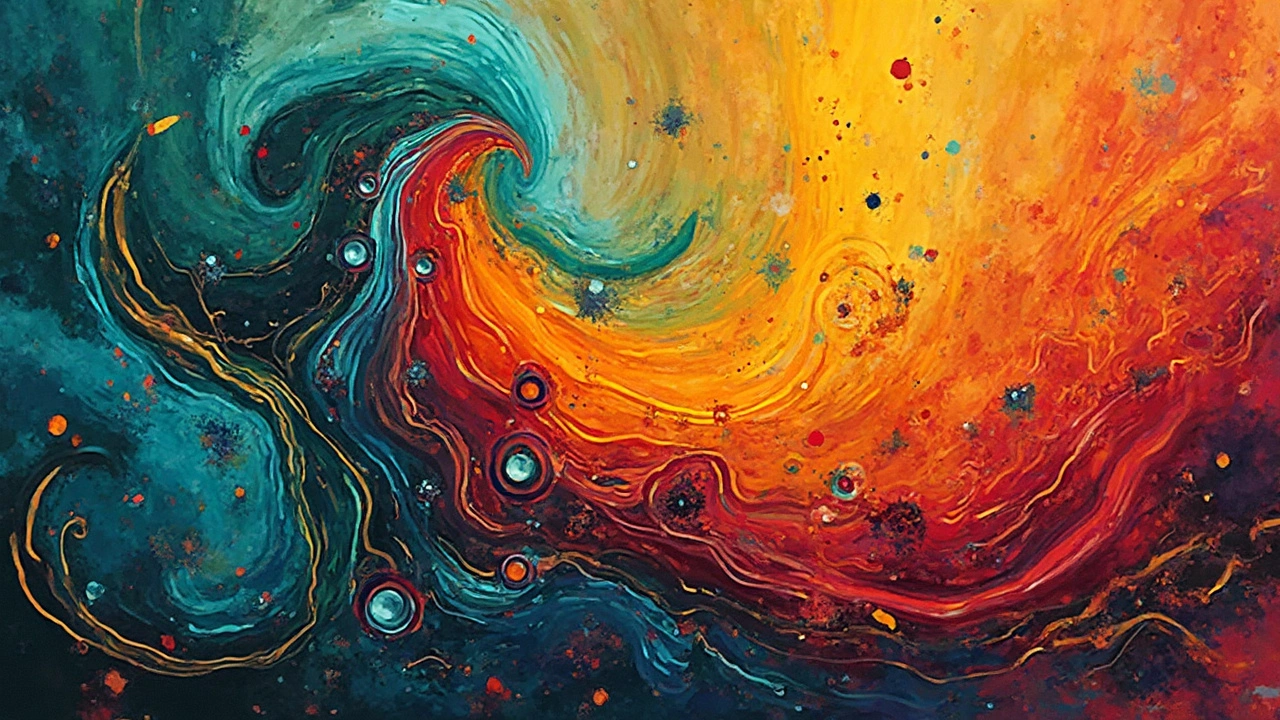What "meaning" really means and how to spot it
Ever wondered what "meaning" actually means? At its core, meaning is the idea or feeling a word, picture, or sound tries to convey. It’s the bridge between what you see or hear and what your brain interprets. Knowing the basics helps you decode everything from a song lyric to a painting without overthinking.
What does "meaning" cover?
Meaning isn’t just a dictionary entry. It has two main flavors: literal (the direct definition) and contextual (the extra layers that pop up based on culture, history, or personal experience). For example, the word "light" literally describes illumination, but in a poem it might hint at hope or freedom. Recognizing both sides gives you a fuller picture.
How to uncover meaning in art, music, and everyday terms
Start with the basics: look at the title, the creator’s background, and any obvious symbols. In a painting, a lone tree could signal solitude, while a bright color palette might signal joy. In music, a minor chord often feels sad, whereas an upbeat rhythm feels lively. When you hit a word you don’t know, check a quick definition, then ask yourself how it fits the surrounding context.
Another handy trick is to ask three simple questions: Who made it? When was it made? Why might they have chosen this? The answers often point straight to the intended meaning. If an artist from the 1960s uses bold, repetitive patterns, they could be commenting on mass media or consumer culture of that era.
Don’t forget personal meaning. Your own memories and feelings can add another layer that isn’t "wrong"—just unique. A song about rain might remind you of a childhood day, giving it an extra emotional punch that the writer never imagined. Embrace both the shared and personal angles for a richer experience.
Finally, practice makes perfect. The more you actively ask what something means and note the clues, the quicker you’ll spot meaning in new content. Grab a piece of art you like, break it down using the steps above, and you’ll see how the hidden story emerges right before your eyes.
